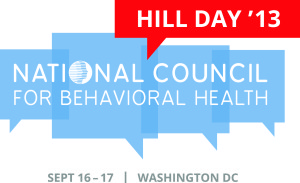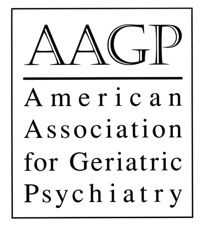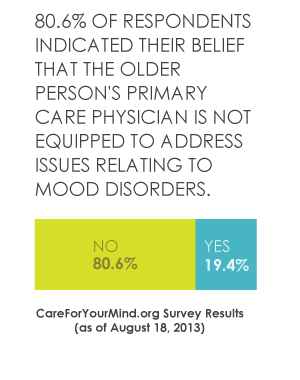The Network for Public Health Law outlines a unique opportunity for consumers, families, and advocates to bring attention to local mental health needs. Every nonprofit hospital is required to participate. Chances are there’s a nonprofit hospital—and a chance to be involved—near you!
Identify and Address Mental Health Needs in Your Community
 The majority of American hospitals are recognized as nonprofit organizations under state and federal law. This permits them to receive a number of financial benefits, including an exemption from the federal income tax. Many states and municipalities also provide nonprofit hospitals with exemptions from property, sales, and other taxes. This favorable tax treatment comes with the responsibility that these hospitals provide certain benefits to the communities they serve.
The majority of American hospitals are recognized as nonprofit organizations under state and federal law. This permits them to receive a number of financial benefits, including an exemption from the federal income tax. Many states and municipalities also provide nonprofit hospitals with exemptions from property, sales, and other taxes. This favorable tax treatment comes with the responsibility that these hospitals provide certain benefits to the communities they serve.
Community Health Needs Assessment
The Patient Protection and Affordable Care Act (ACA) contains a provision that requires each nonprofit hospital to conduct an assessment of the health needs of its community in order to better understand and help meet those needs. This assessment, known as a Community Health Needs Assessment (CHNA) must be conducted every three years and made widely available to the public. Groups and individuals working in, or advocating for, mental health may take advantage of the CHNA to collaborate with hospitals to help determine whether mental health is a health need for the community.
When conducting the CHNA, the nonprofit hospital is required to collect input from people who “represent the broad interests of the community served” by each hospital facility. Under proposed IRS rules, the hospital must take into account input from the following sources, among others:
- at least one state, local, tribal, or regional governmental public health department with knowledge, information, or expertise relevant to the health needs of that community;
- members of medically underserved, low-income, and minority populations in the community, or individuals or organizations serving or representing the interests of such populations; and
- written comments received on the hospital facility’s most recently conducted CHNA and most recently adopted implementation strategy.
Read More














Connect With Us